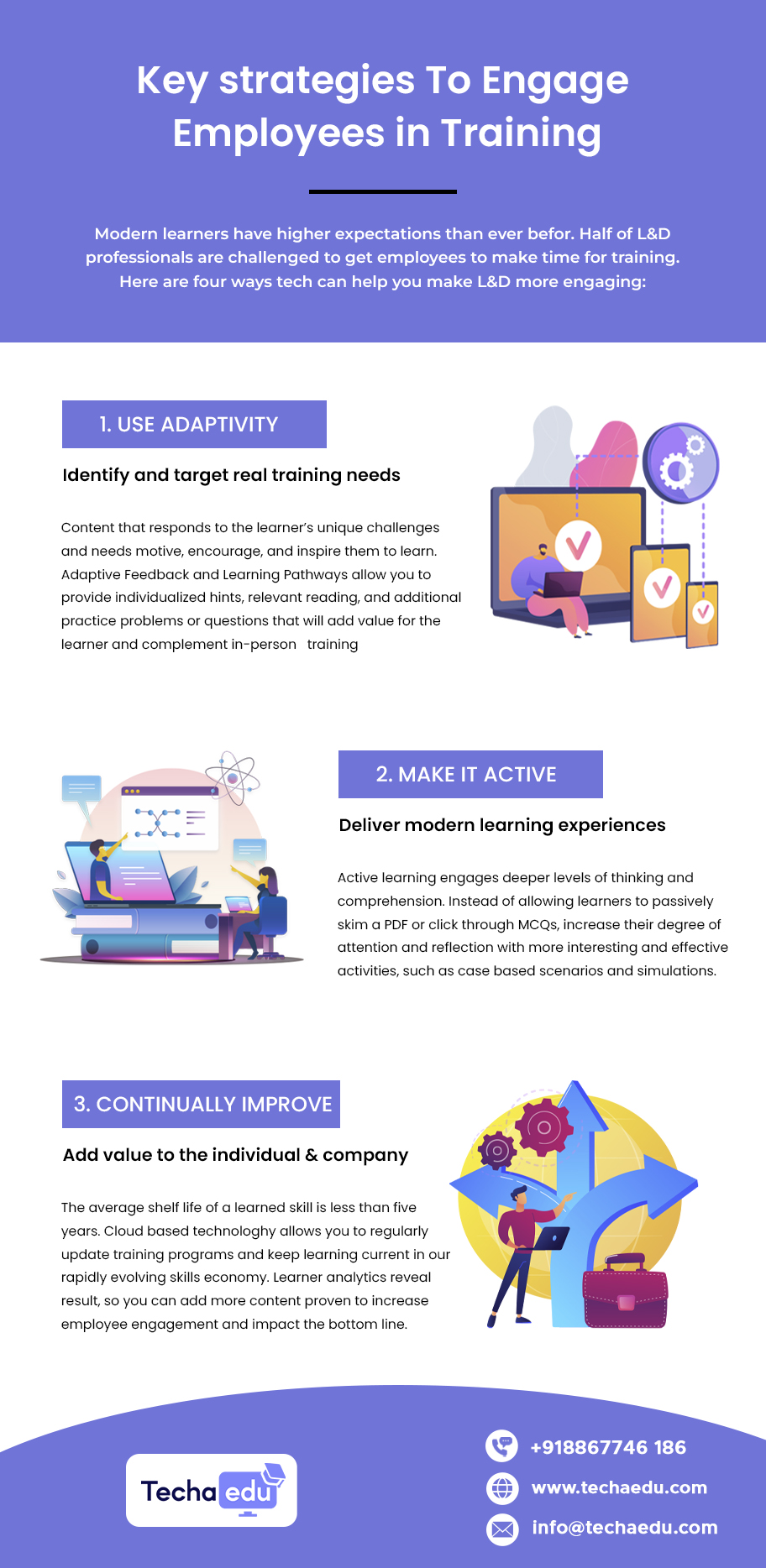Your Training Program an Investment Instead of an Expense
What is Corporate Training and Development?
Definition of Corporate Training
Corporate training and development refer to the process of enhancing employees' skills, knowledge, and capabilities within an organization. It is a strategic effort aimed at improving individual and collective performance to achieve organizational goals. The primary objectives of corporate training and development include:
Skill Enhancement: Providing employees with the necessary skills to perform their current jobs effectively and efficiently.
Professional Development: Offering opportunities for employees to develop and advance their careers within the organization.
Adaptation to Change: Helping employees adapt to changes in technology, industry trends, or organizational structure.
Increased Productivity: Improving overall workforce productivity and performance.
Employee Engagement: Fostering a positive work environment and boosting employee satisfaction and engagement.
Corporate Training and Development Activities Can Take Various Forms, Including:
- On-the-job Training: Learning while performing tasks within the actual work environment.
- Classroom Training: Formal instruction in a classroom setting, which may be led by internal or external trainers.
- Online Training: E-learning programs and courses delivered through digital platforms, allowing employees to learn at their own pace.
- Workshops and Seminars: Interactive sessions that focus on specific skills or topics relevant to the organization.
- Mentoring and Coaching: Pairing less experienced employees with more experienced colleagues to facilitate knowledge transfer and skill development.
- Leadership Development Programs: Specialized training for individuals in leadership positions to enhance their management and leadership skills.
- Cross-Training: Exposing employees to different roles and responsibilities within the organization to broaden their skill set.
Effective corporate training and development programs align with the organization's goals and values. They are often part of a broader talent management strategy designed to attract, develop, and retain a skilled and motivated workforce. Regular assessments and evaluations help measure the impact of training initiatives and identify areas for improvement.
Strategies
- Needs Assessment: Conduct thorough evaluations to identify skill gaps and training needs within the organization.
- Goal Alignment: Align training programs with overall business objectives to ensure relevance and impact on organizational success.
- Technology Integration: Leverage e-learning platforms, virtual reality, and other technological tools to enhance accessibility and engagement in training.
- Personalized Learning Paths: Tailor training programs to individual employee needs, fostering a more targeted and effective development process.
- Mentorship Programs: Establish mentorship initiatives to facilitate knowledge transfer, skill development, and a sense of community within the workforce.
- Continuous Evaluation: Implement regular assessments and feedback mechanisms to gauge the effectiveness of training initiatives and make necessary adjustments.
- Experiential Learning: Incorporate hands-on experiences, simulations, and practical exercises to reinforce theoretical knowledge and encourage active participation.
- Culture of Learning: Cultivate a learning culture that promotes curiosity, innovation, and a commitment to ongoing professional development.
- Collaborative Learning: Encourage collaboration and knowledge-sharing among employees, fostering a culture of continuous learning from peers.
- Adaptability to Trends: Stay abreast of industry trends and update training content and methods accordingly to ensure relevance and competitiveness in the market.

The Future of Corporate Management Training and Development
The future of corporate management training and development envisions a shift towards holistic leadership cultivation. Augmented reality simulations will provide hands-on experience in diverse business scenarios, refining decision-making skills. Artificial intelligence-driven analytics will customize training modules, tailoring programs to individual manager strengths and weaknesses. Continuous, micro-learning formats accessible through mobile platforms will offer on-the-go development. Blockchain technology may enhance credential verification, ensuring transparency in leadership qualifications. Collaboration tools will facilitate virtual team-building exercises, fostering effective communication across global management teams.